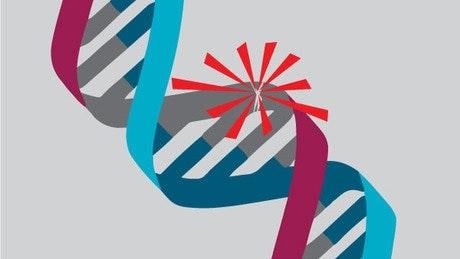
In this Introduction to the Science of Cancer course, oncologists and researchers at The Ohio State University Comprehensive Cancer Center – Arthur G. James Cancer Hospital and Richard J. Solove Research Institute (OSUCCC – James) explain the scientific basis of cancer and key concepts in learner-friendly terms. The course is divided into five modules organized to facilitate engaged learning.
In 2012, an estimated 14.1 million people developed cancer, and 8 million people died from it. The number of cancer cases is expected to grow to 22 million over the next 20 years due to the growing and aging of the world population. Cancer treatment can certainly be a challenge for some in high-income countries. However, 60 percent of cancer cases and 70 percent of cancer deaths occur in low- and middle-income countries in Africa, Asia and Central and South America, which have much fewer resources for cancer care. The rising number of cancer cases presents a serious global problem that requires an equally serious commitment to cancer prevention.
The OSUCCC – James offers Introduction to the Science of Cancer to encourage that global commitment to cancer prevention. The course could be helpful to anyone who wants a better understanding of cancer, but further, we hope it will be particularly useful to stakeholders in under-resourced areas, such as medical and nursing students, hospital staff, secondary-school teachers, news reporters and editors, social workers and public health workers. A better understanding of cancer by all could help initiate and promote cancer prevention efforts by both individuals and nations.
Important concepts explored in this course include:
- How cancer is not one disease, it is many complex diseases
- How many cancers are preventable
- How preventing cancer helps prevent heart disease, hypertension and diabetes
- Why healthy cells turn cancerous
- The main types of cancer
- The differences between childhood and adult cancers
- How cancer is treated
- Responding to the psychological stress of cancer
- How genomics is changing cancer diagnosis and treatment
- What the different imaging technologies show
- The promising field of epigenetics and cancer
- How targeted and immune therapies work
- The importance of vaccination and screening for preventing cancer
- How basic, clinical and other types of research improve cancer care
